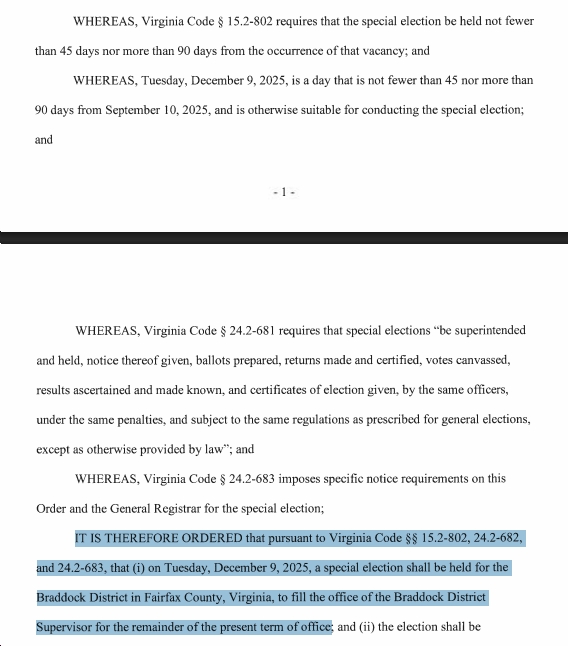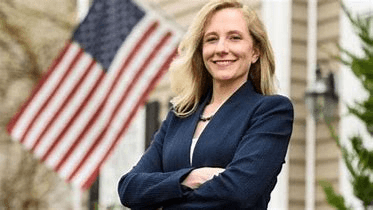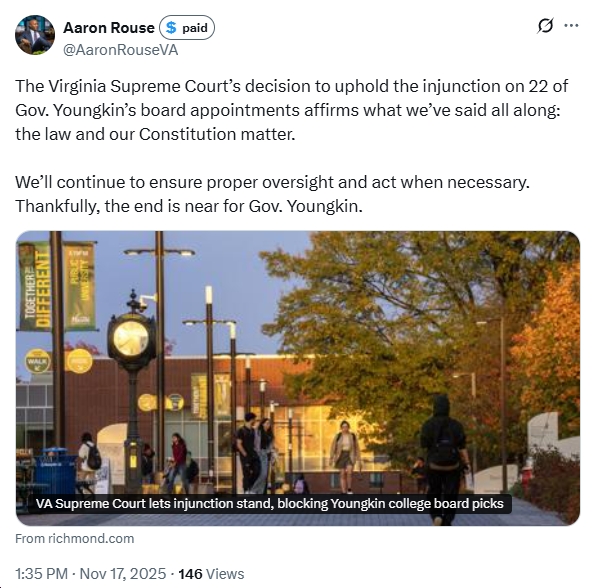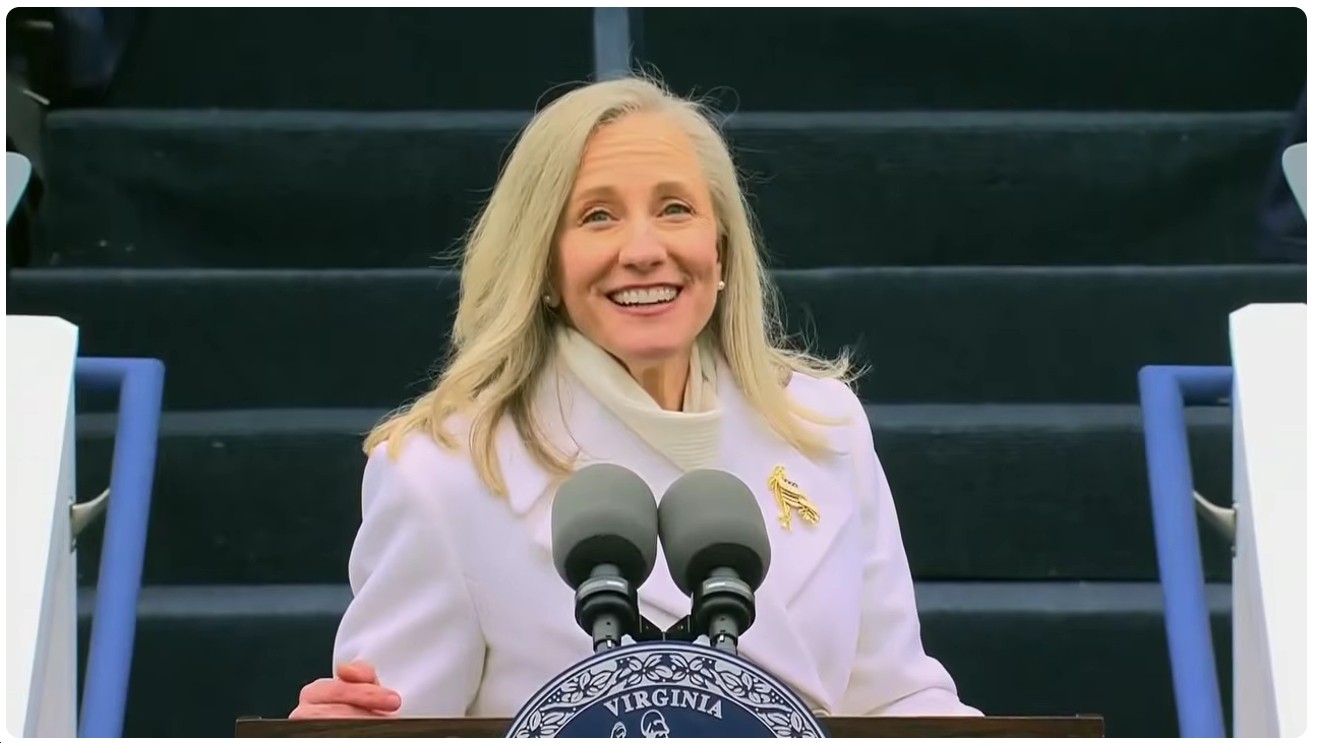From Fairfax County School Board member Karl Frisch:
School Board Approves Budget Prioritizing Student Achievement, World-Class Educators
Proposals Also Approved To Help Teachers Struggling with Student Loan Debt and Explore Expanding Mental Health Teletherapy Services to Middle School
FAIRFAX COUNTY, VA – Tonight, the Fairfax County School Board unanimously approved its FY2024 budget, prioritizing investments in student achievement and better pay for all teachers and school staff. Key among the $3.5 billion budget’s provisions is a 3 percent raise for all staff and significant investments in access to advanced academics, research-based literacy instruction, early childhood education, and middle school athletics, along with additional resources for safety and security.
“This budget clearly identifies our school division’s priorities: investing in student achievement and better pay for our world-class educators and staff,” said School Board member Karl Frisch (Providence District). “For the third year in a row, every teacher and school division employee is getting a raise. Their tireless dedication to our students and families deserves even greater recognition, but this is a big step in the right direction.”
In addition to adopting the budget, the School Board also unanimously approved two budget follow-on motions from Frisch:
Public Service Loan Forgiveness: To help school staff struggling with student loan debt, Frisch and Dr. Ricardy Anderson proposed a successful motion directing the Superintendent to develop a program within Human Resources that assists school division employees with registering for and maintaining annual eligibility in the U.S. Department of Education’s Public Service Loan Forgiveness (PSLF) program. In past years, thousands of educators nationwide have been rejected from the program despite qualifying. The program forgives qualifying federal student loan debt after ten years of public service, including work as school employee.
Mental Health Teletherapy Service Expansion: To help meet student mental health needs, Rachna Sizemore Heizer (Chair, At-Large) and Frisch proposed a successful motion directing the Superintendent to explore the possibility of offering all middle school students the same mental health teletherapy services currently provided to high school students with parent/guardian approval through Hazel Health.
“Families are struggling to find qualified therapists to meet the mental health needs of their children,” said Frisch. “Earlier this year, we announced free teletherapy services for all high school students with parental consent. Almost immediately we began hearing from the parents and guardians of middle schoolers asking for the same support for their children. I look forward to hearing back from the Superintendent about the school division’s options.”




![Virginia NAACP: “This latest witch hunt [by the Trump administration] against [GMU] President Washington is a blatant attempt to intimidate those who champion diversity.”](https://bluevirginia.us/wp-content/uploads/2025/07/gmuwwashington.jpg)













